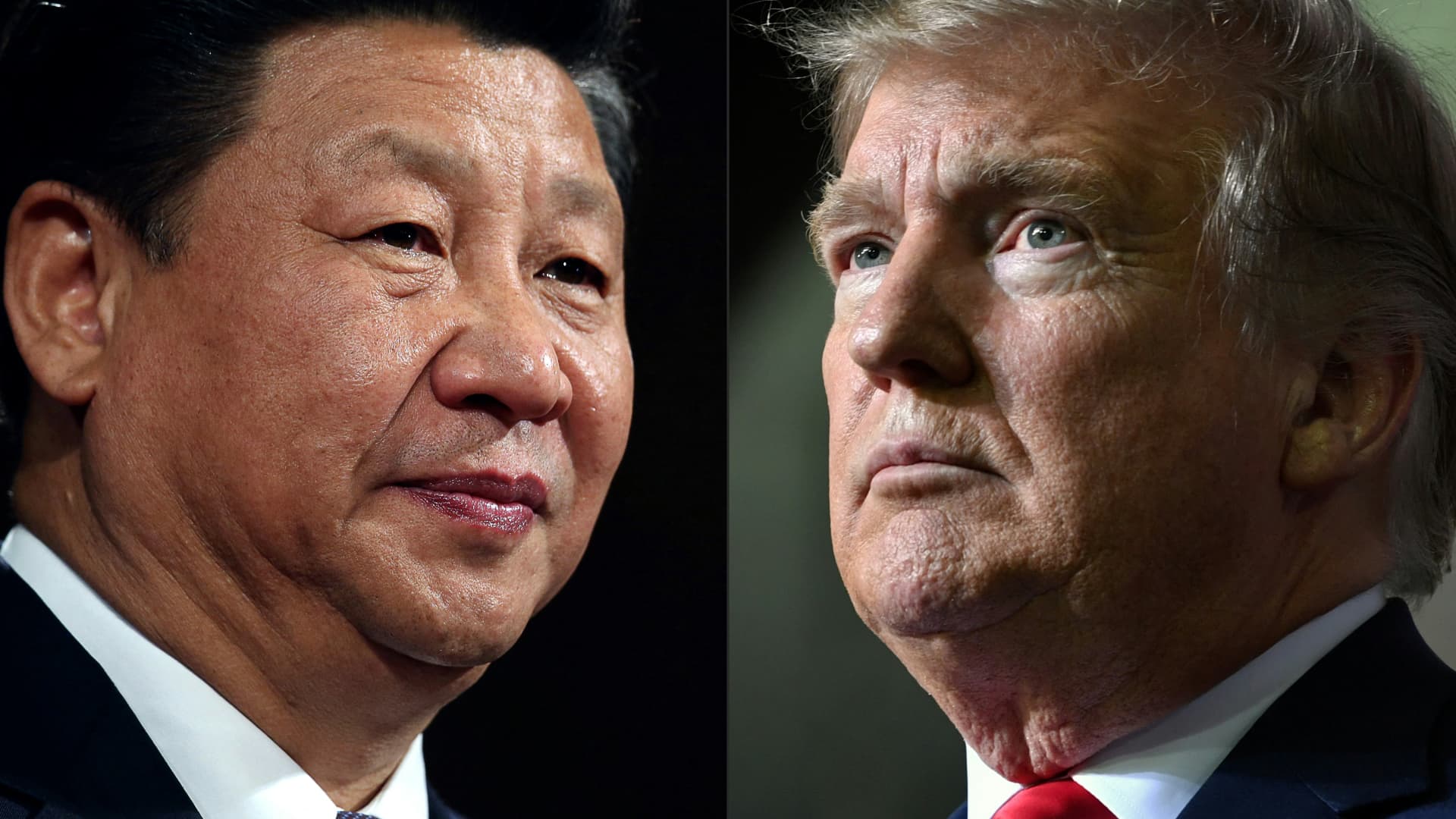2024 Lincoln Nautilus
Ford
DETROIT — President Donald Trump’s move Saturday to impose 10% additional tariffs on imports from China affects a small number of U.S. vehicles. But those tariffs are also hitting auto parts, which could increase already heightened vehicle prices for consumers.
The U.S. in recent years has imported from about $15.4 billion to more than $17.5 billion worth of transportation goods from China each year, including $9 billion to $10 billion per year in auto parts and accessories for vehicles and tractors, among other special purpose vehicles, according to the U.S. International Trade Commission.
The biggest impact on vehicles will be on Ford Motor’s Lincoln Nautilus and General Motors’ Buick Envision. Those crossovers accounted for 83,884, or 95%, of the 88,515 China-made vehicles that were sold in the U.S. last year.
“It’s mainly GM and Ford that are really hit from a volume standpoint,” said Jeff Schuster, GlobalData vice president of automotive research. “Our domestic guys are the ones taking the brunt of this, at least for full vehicles … but it can be muted to some extent.”
Employees work on Buick Envision SUVs at General Motors’ Dong Yue assembly plant, officially known as SAIC-GM Dong Yue Motors Co., Ltd., in Yantai, Shandong Province, China, Nov. 17, 2022.
Tang Ke | Visual China Group | Getty Images
Other carmakers such as Volvo, which is owned by China’s Geely and its electric vehicle spin-off Polestar, import far fewer vehicles to the U.S. They’ve also changed production plans to reduce the number of vehicles being imported from China. That’s especially true for EVs, given the Biden administration’s 100% tariff last year on such models from China.
Ford incoming CFO Sherry House said Wednesday the automaker will “assess the situation” of tariffs on China goods “as it plays out, including the response from China, and evaluate whether or not it affects” the company’s import and export strategy.
Spokespeople for Ford and GM declined to comment on potential changes to production or prices for their China-made vehicles. Volvo and Polestar did not respond.
China-made vehicles for consumers only represented 0.6% of the roughly 16 million new vehicles sold in 2024 in the U.S., according to GlobalData. That’s about the same as imports from the United Kingdom, Sweden and Slovakia.
Tariffs on Canada or Mexico — which GlobalData reports accounted for 23.4% of U.S. sales last year — would have a far greater impact on the U.S. car market.
“While vehicle imports are minimal from China, auto parts imports are about ~$15-20 bn per year per the US International Trade Commission, and China is a key part of the battery/storage supply chain (especially LFP batteries used in utility scale energy storage),” Goldman Sachs analyst Mark Delaney said Sunday in an investment note.
It’s unclear how much of an impact tariffs could have on batteries or raw materials for EVs, which are experiencing a slower-than-expected adoption.
But many electrified vehicles in the U.S. feature a notable percentage of components from China, according to data from the National Highway Traffic Safety Administration. They include the Genesis G80 EV (25%); Hyundai Kona EV (50%) and Hyundai Ioniq 5 N (30%; ); Kia EV9 (35%) and Niro Electric (25%); Nissan Ariya EV (40%); Toyota bZ4x EV (20%) and RAV4 PHEV (20%); and Volkswagen ID Buzz EV (25%).
Mike Jackson, executive director of strategy and research for MEMA Original Equipment Suppliers, said the auto association is “concerned” about tariffs in general. He said while the 10% additional tariff on China isn’t as impactful as ones in North America, it increases costs.
“It’s a challenge. It represents a higher cost, and that cost is going to have to be borne,” Jackson told CNBC on Wednesday on the sidelines of the Federal Reserve Bank of Chicago’s auto conference in Detroit. “Clearly China continues to contribute very valuable content. They’ve optimized for electronics and a wide range of aspects.”
Whether automakers decide to pass increases in costs on to consumers, change sourcing or take other actions is yet to be seen.
Passing the costs on to consumers could be troublesome for sales. New vehicle prices remain historically elevated at around $50,000, according to Cox Automotive.
“There’s not a specific item coming from China that’s under this tariff that says, ‘Oh, no, this is the thing that’s going to mess everything up’ … but they will drive up costs,” said Stephanie Brinley, principal automotive analyst at S&P Global Mobility. “It plays into a broader issue, a broader problem with pricing.”
Brinley said such price increases could affect new U.S. vehicle sales, which S&P Global Mobility prior to any tariffs forecast to be 16.2 million vehicles.











